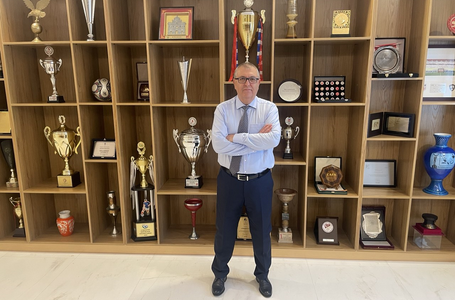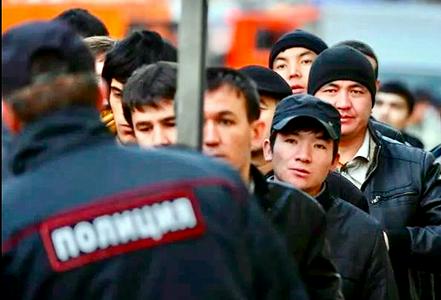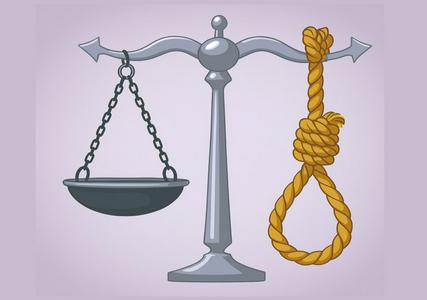Kazakhstan is prepared to increase its exports to the European Union by more than $2 billion across 175 product categories, President Kassym-Jomart Tokayev announced during his address at the Central Asia–European Union summit in Samarkand, according to a statement from the presidential press service.
Tokayev emphasized that amid rapid geopolitical shifts and global challenges, strengthening interregional partnerships has taken on renewed strategic significance. Chief among these priorities, he said, is bolstering trade and economic ties.
To that end, Tokayev not only announced plans to expand export volumes but also invited European companies to use the Astana International Financial Centre as a platform for joint initiatives.
He placed particular emphasis on the energy sector.
“Kazakhstan remains a reliable supplier of hydrocarbons to Europe,” Tokayev said. “Our country accounts for about 13 percent of the EU’s total crude oil imports, most of which are delivered through the Caspian Pipeline Consortium.”
At the same time, the country is developing alternative export routes, pursuing projects in renewable energy and clean fuels, and expanding its wind and solar capacities. European partners, including Total, Eni, and Svevind, play a crucial role in these efforts, the president noted.
He added that Kazakhstan, along with Uzbekistan and Azerbaijan, has launched a major project to construct a green energy transmission line across the Caspian Sea, which would eventually deliver power to European markets.
Tokayev also highlighted the importance of cooperation on rare earth elements. Kazakhstan produces 19 of the 34 raw materials deemed critical to the EU economy, including titanium, uranium, copper, lithium, cobalt, and tungsten. The country has active partnerships with the European Bank for Reconstruction and Development in exploration and mining projects.
In this context, Tokayev proposed establishing a Regional Research Center for Rare Earth Elements in Astana. The center would serve as a resource for businesses and investors, providing up-to-date information on available deposits, technologies, and development strategies.
He went on to say that Central Asia is positioned to become a vital transit hub, enabling efficient supply chains between East and West. In 2023, cargo volume along the Trans-Caspian International Transport Route increased by 62 percent, reaching 4.5 million tons. That figure is expected to more than double to 10 million tons by 2027.
Tokayev also reaffirmed Kazakhstan’s commitment to decarbonization efforts.
“Kazakhstan plays a pivotal role in the production of clean energy, supplying around 40 percent of the world’s nuclear fuel,” he said.
Touching on international conflicts, he voiced support for ongoing negotiations to resolve the war in Ukraine and expressed hope for a favorable outcome.
In closing, Tokayev thanked participants and European partners for supporting the initiative to establish a UN Regional Center for the Sustainable Development Goals in Almaty, aimed at serving Central Asia and Afghanistan. He said the center will play a key role in advancing the global 2030 Agenda and addressing urgent social, economic, and environmental issues across the region.










